-

Do You Need a Dopamine Detox?
You refresh your Instagram feed. You check your email (again). You polish off a pint of ice cream. Netflix autoplays yet another episode. All of these stimuli give you quick hits of pleasure, but over time may leave you scatter-brained and stressed. That’s partly because your brain is getting flooded with dopamine. In case you […]
Read More - 5 minute read -

There’s a War on Seed Oils. Are They Actually Bad For You?
If you go down the rabbit hole of health content, it’s only a matter of time before you find shocking news about a product you probably have in your pantry: seed oil. These oils—made from plants like canola and corn—are cheap, versatile, and found everywhere from gourmet restaurants to fast food chains. They flew under […]
Read More - 5 minute read -

High Vitamin B12 Levels and Cancer: Is There a Link?
If you’ve heard rumblings about a potential link between vitamin B12 and cancer, you might be tempted to throw your supplements out the window. Not so fast, though—this is likely a matter of correlation, not causation.
Read More - 5 minute read -

NMN Supplements Were Called the “Fountain of Youth.” Then the FDA Banned Them.
Look around and you’ll find all sorts of techniques people use to look and feel younger. But if you’re after more sustainable results, there’s one anti-aging product that’s sparking a global conversation: nicotinamide mononucleotide, or NMN.
Read More - 5 minute read -
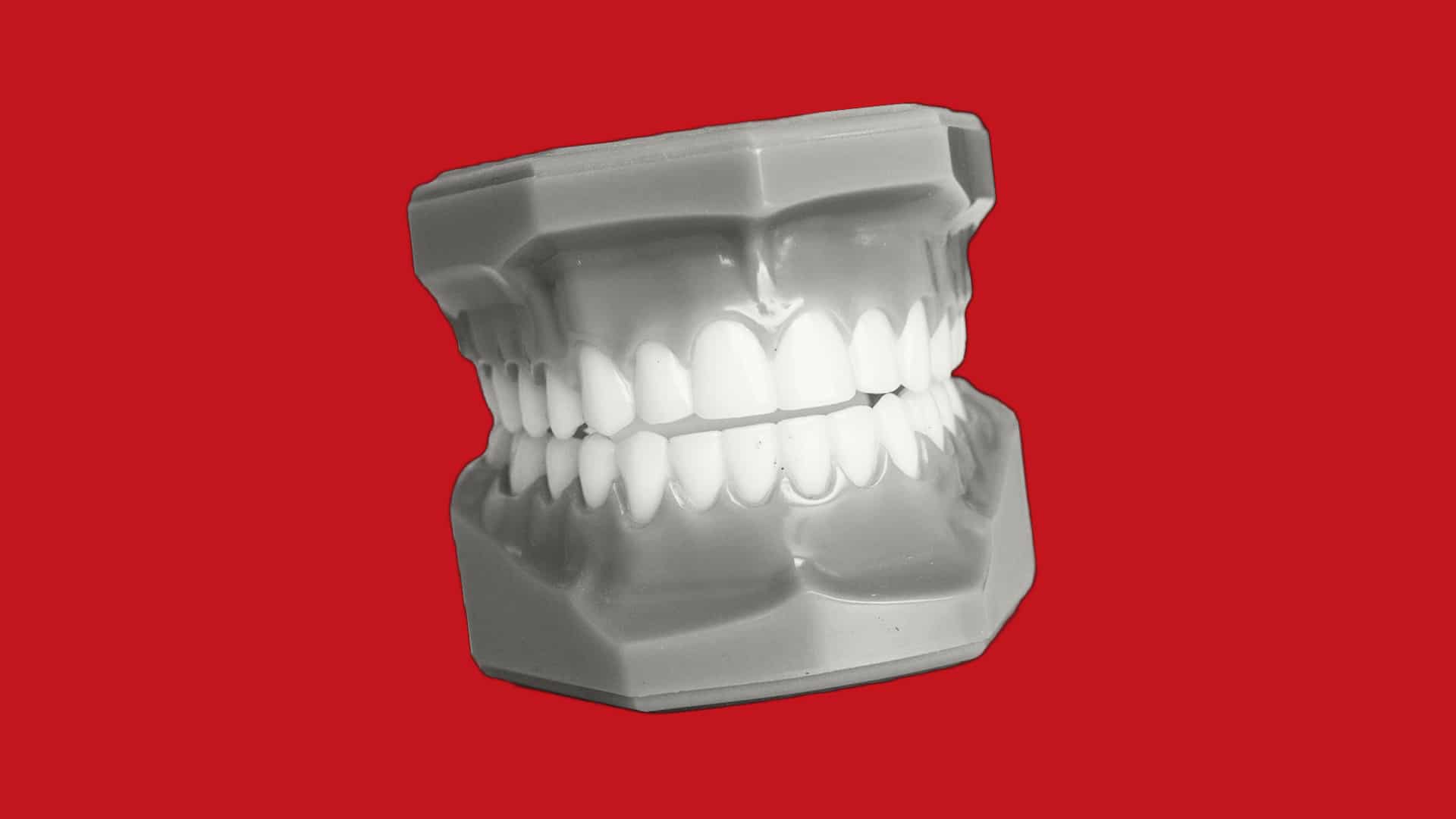
4 Nutrient Deficiencies That Can Cause Canker Sores
1 out of every 5 people get canker sores at some point in their life, making them one of the most common oral health conditions. Despite their prevalence, the medical community still hasn’t pinpointed what causes them. Some say it’s genetic, others say the immune system is to blame. But there’s one potential cause of […]
Read More - 4 minute read -
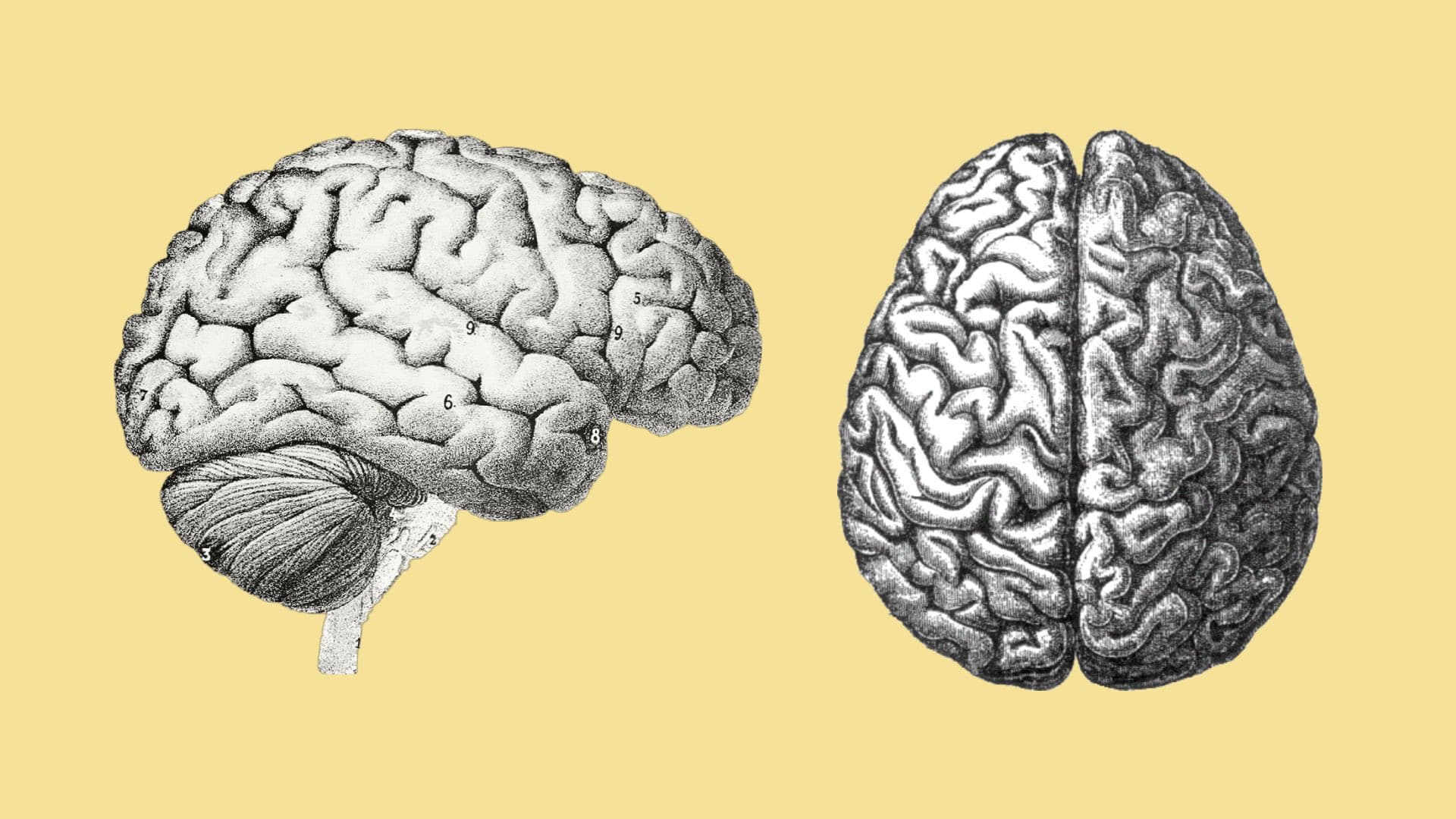
Creatine Deficiency and Autism: Is There a Link?
When you hear about creatine, you might think of bodybuilders with bulging muscles. However, the conversation is shifting from the weight room to the laboratory as researchers explore a (potential) link between creatine and autism spectrum disorder.
Read More - 4 minute read -
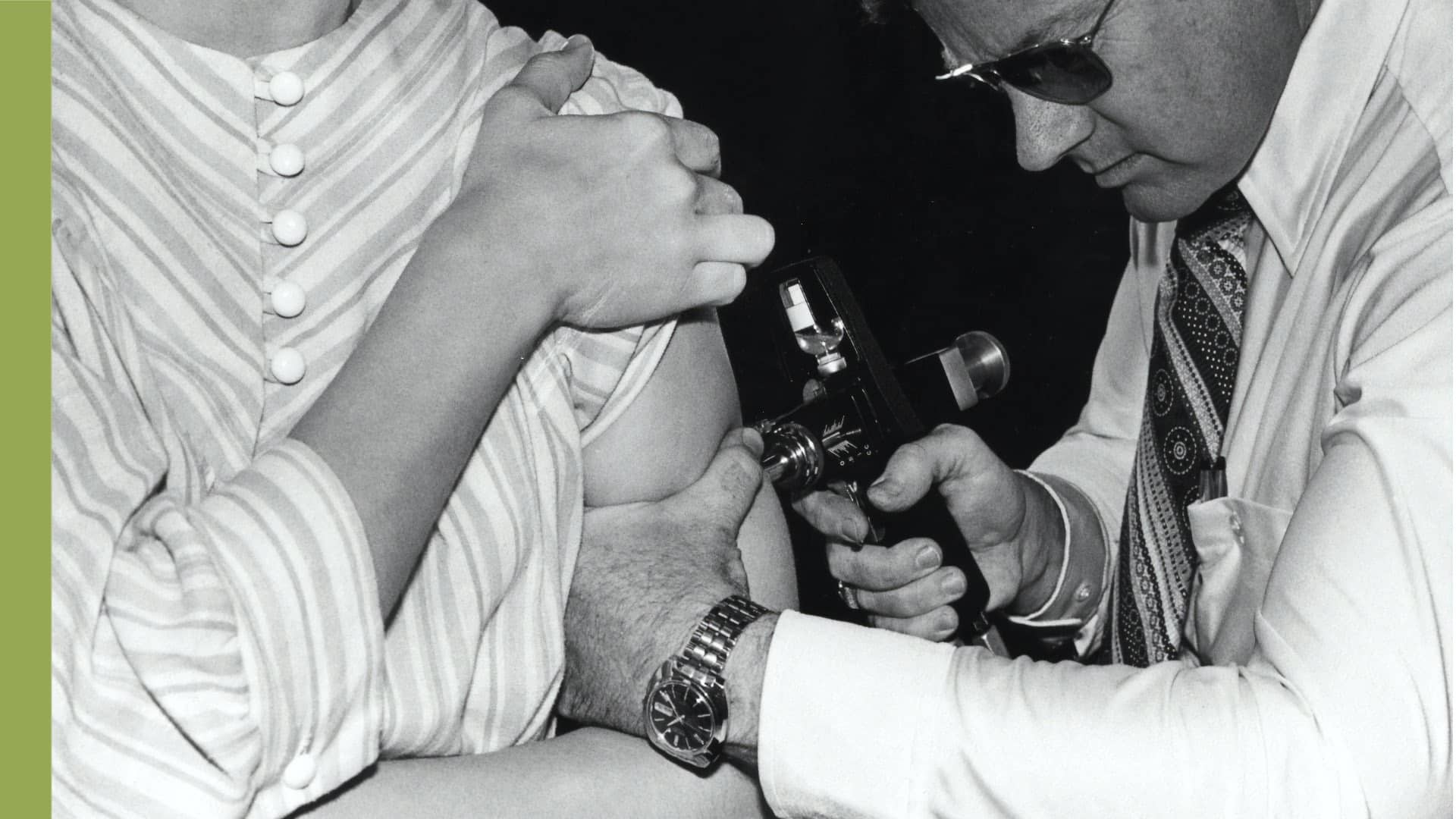
Vitamin D Injections are Popular Online—But What Do Scientists Say?
Despite interest in health and wellness rising, it’s estimated that at least 42% of the US population doesn’t get enough vitamin D. Insufficiency and outright deficiency in the so-called sunshine vitamin (based on our ability to synthesize vitamin D through the absorption of UVB rays) is a growing global problem.
Read More - 6 minute read -

6 Signs Your Immune System Is Strong Enough
Until the first sign of a sniffle, it’s easy to take your good health for granted. But as you reach for the zinc and vitamin C, you might find yourself wondering: Is falling prey to a cold just a bit of bad luck, or the sign of a deeper-rooted immune issue?
Read More - 7 minute read -

My Supplement Formula: Sara Quiriconi
Welcome to “My Supplement Formula,” our interview series that explores how high achievers use nutrition to unlock their potential. Check in each month to get an exclusive look into the supplement routines of the world’s greatest athletes, artists, and entrepreneurs.
Read More - 4 minute read -

What are Macronutrients, a.k.a. “Macros”?
Have you recently heard someone talking about “counting macros,” and wondered what they were talking about? When we talk about macros, we’re talking about macronutrientsL a category of nutrients that your body simply can’t live without.
Read More - 5 minute read -

Immunity Shots: Is This Health Hack Worth the Hype?
As flu season gets into full swing, you might be on the lookout for new ways to boost your immune system. Most of us know about flu shots, but there’s another type of shot that could help you stave off sickness—and it doesn’t involve a needle. We’re talking about immunity shots. Convenient, tasty, and packed […]
Read More - 5 minute read -

Micronutrients 101: Your Essential Guide
You may think you’ve never heard of micronutrients. But have you heard of vitamins and minerals? That’s what we’re referring to when we use the term “micronutrients.” The “micro” in the name refers to the amount our bodies need to function properly (read: not very much).
Read More - 5 minute read -

-
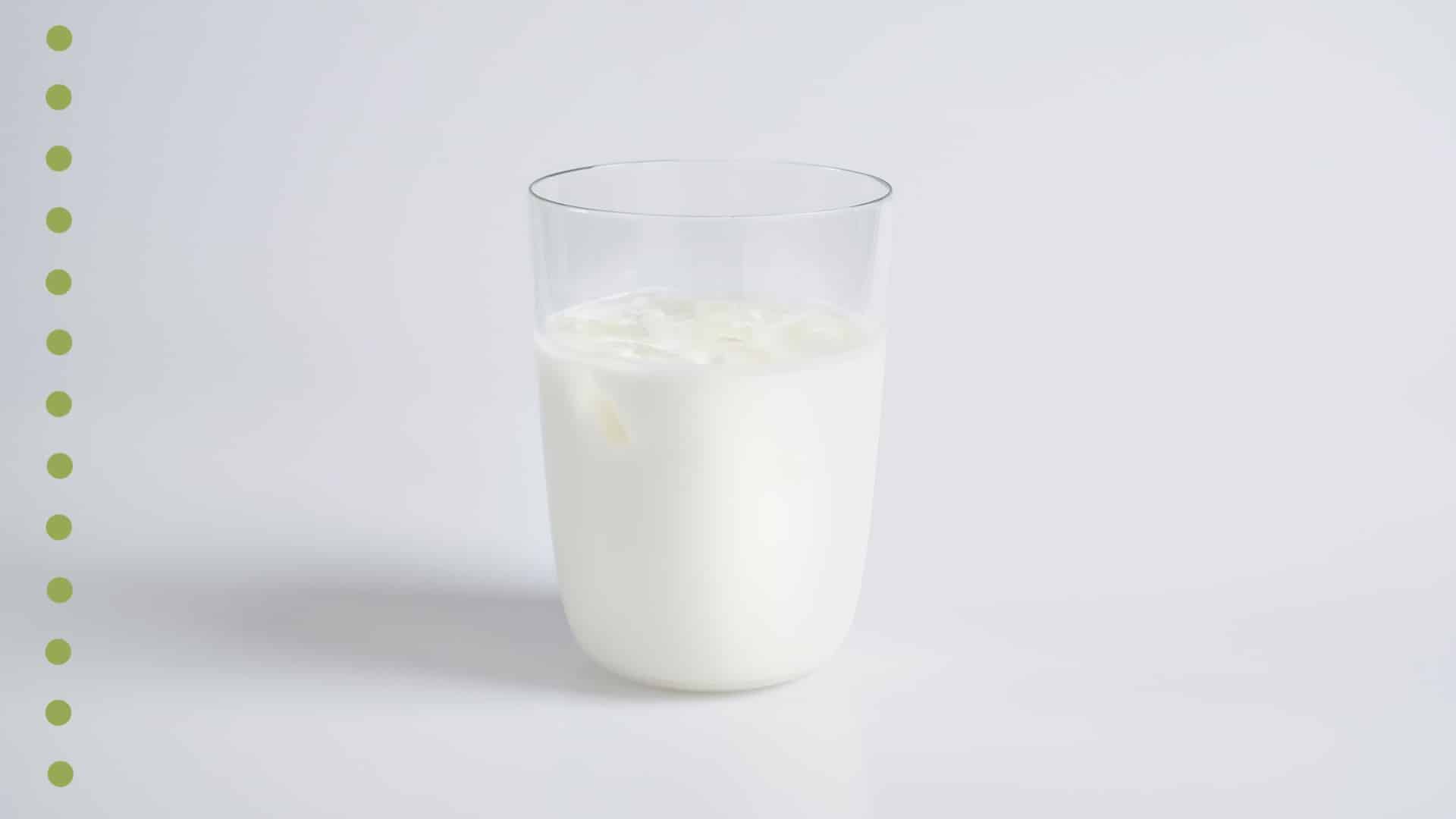
-
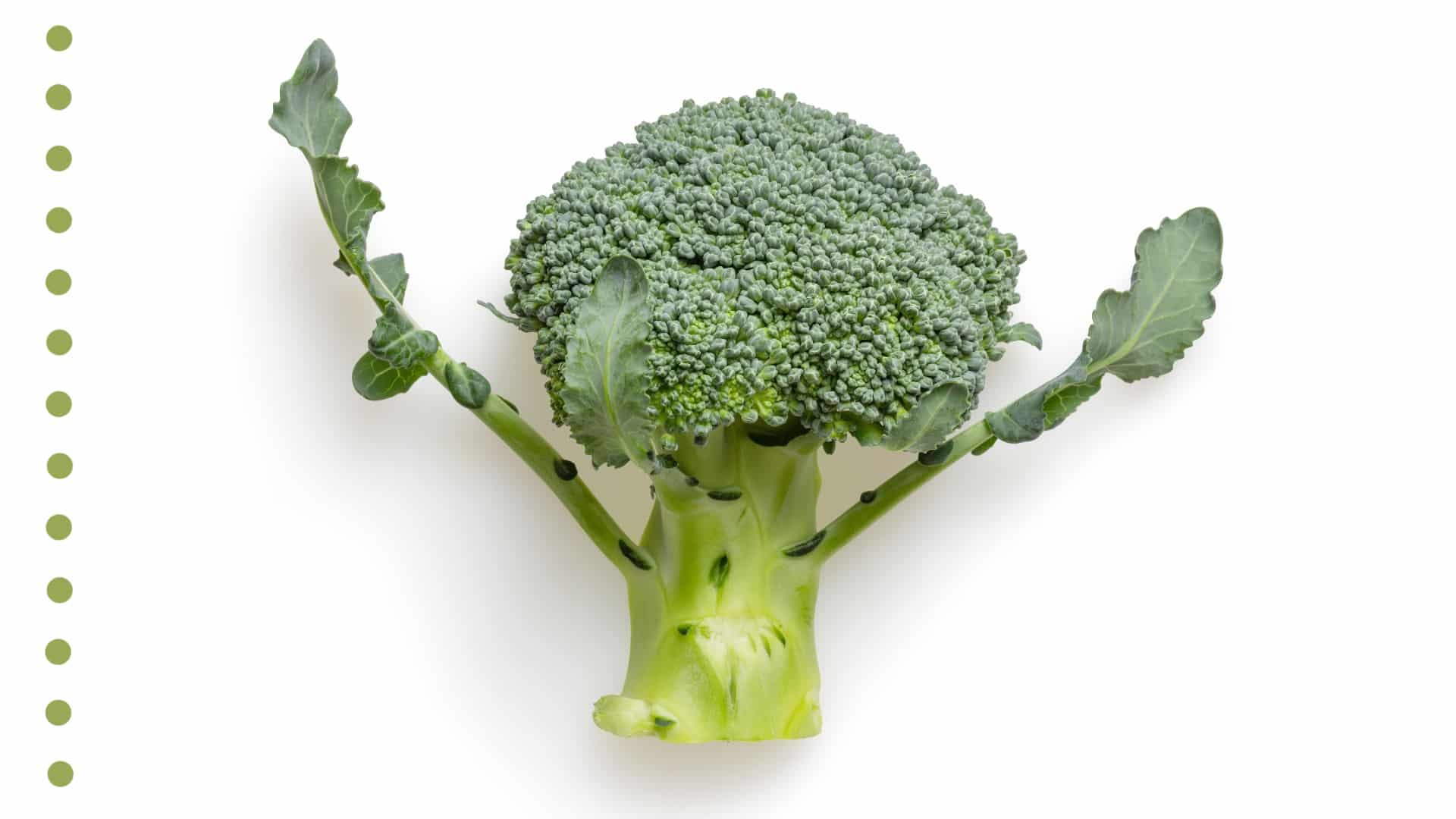
Chromium
Chromium is an essential mineral that the human body needs in trace amounts. Chromium enhances the action of insulin, the hormone that helps blood sugar enter cells so it can be used for energy. It is also involved in the breakdown and absorption of carbohydrate, proteins, and fats.
Read More -

Vitamin B12 (Cyanocobalamin)
Vitamin B12, or cobalamin, keeps blood and nerve cells healthy, helps make DNA, and plays a key role in energy production. Vitamin B12 is naturally found in most animal foods. It can also be added to foods or supplements.
Read More -

Vitamin B9 (Folate or Folic Acid)
Vitamin B9 (commonly known as “folate”) is naturally present in many foods. Folate is primarily needed to make DNA and other genetic material. It also enables cells to divide. A form of folate, called folic acid, is used in fortified foods and most dietary supplements.
Read More -

Vitamin B7 (Biotin)
Vitamin B7, more popularly known as biotin, is a water-soluble B vitamin found naturally in some foods and also in supplements. Like other B-vitamins it helps enzymes to break down fats, carbohydrates, and proteins in food. However, its key function is to help regulate signals sent by cells and the activity of genes.
Read More -

Vitamin B6 (Pyridoxine)
Vitamin B6 is naturally present in many foods and required by the body for more than 100 enzyme reactions involved in metabolism. It also assists brain development during pregnancy as well as immune function.
Read More -
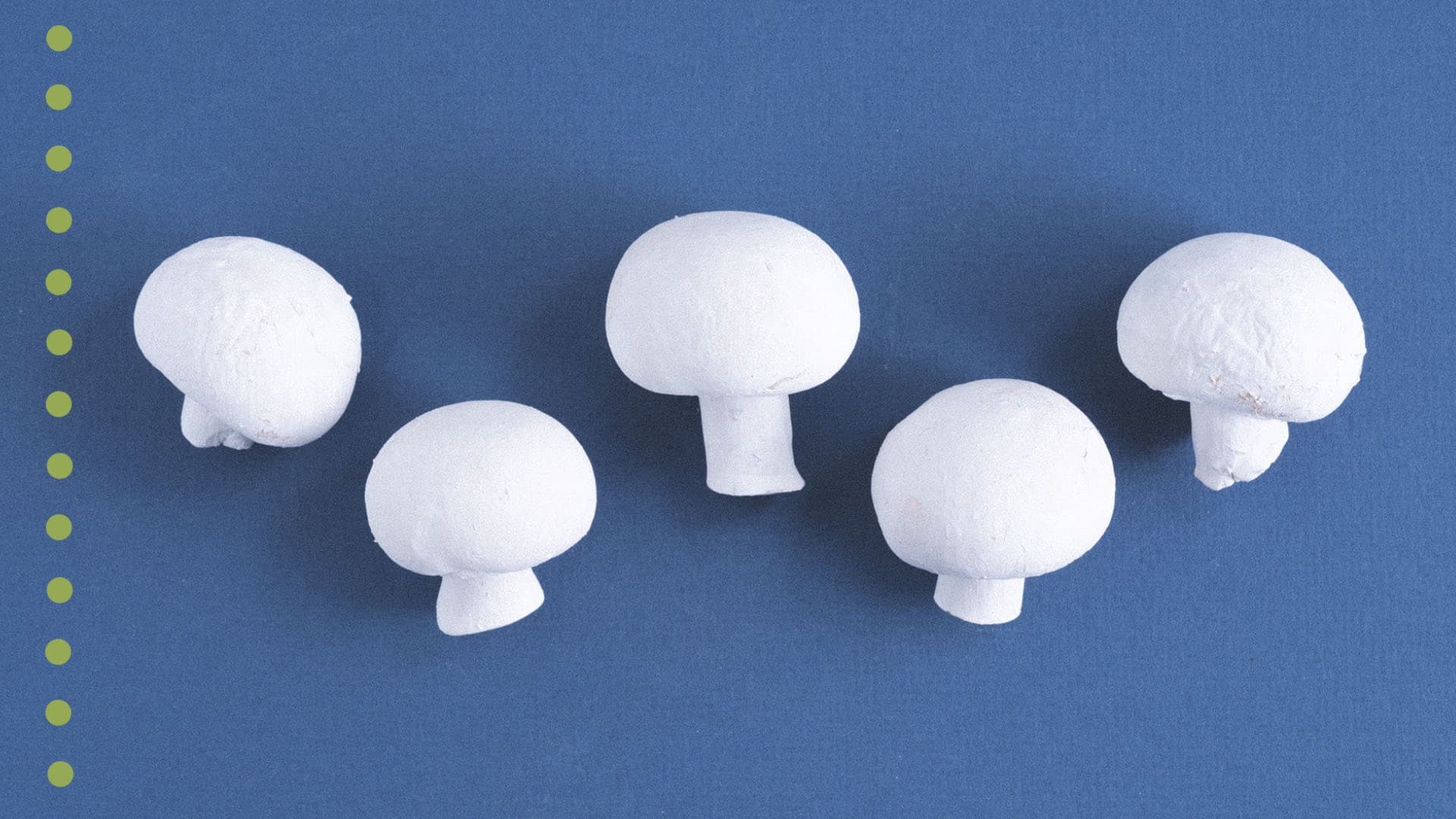
Vitamin B5 (Pantothenic Acid)
Vitamin B5 (pantothenic acid) is one of eight B vitamins and an essential nutrient that is naturally present in a wide variety of plant and animal foods. The main function of this water-soluble B vitamin is in the synthesis of coenzyme A (CoA) and acyl carrier protein which aids fatty acid synthesis.
Read More
DISCOVER FILTERS
-
Abnormal heart rate
-
Aggressive behavior
-
Anemia
-
Bleeding gums
-
Blood in stool
-
Blood in urine
-
Bloody nose
-
Bone deformities
-
Bone fractures
-
Bone weakness
-
Bright red tongue
-
Brittle nails
-
Bruising
-
Burning of feet
-
Burning of hands
-
Canker sores
-
Cardiovascular issues
-
Cataracts
-
Cavities
-
Changes in color of fingernails
-
Changes in color of hair
-
Changes in color of skin
-
Chronic inflammation
-
Coma
-
Confusion
-
Constipation
-
Cracked lips
-
Cracks at the corners of mouth
-
Delayed development in infants
-
Dental abnormalities
-
Depression
-
Diarrhea
-
Difficulty concentrating
-
Dry skin
-
Enlarged heart
-
Excess blood
-
Extremely sensitive hearing in infants
-
Fatigue
-
Frequent infections
-
Glossitis
-
Goiter
-
Gum inflammation
-
Hair depigmentation
-
Hair loss
-
Hallucinations
-
Headaches
-
Heart palpitations
-
Heartburn
-
Hemolytic anemia
-
High cholesterol
-
Hyperemia
-
Increased infections
-
Infertility
-
Irregular heart rate
-
Irregular patches on the white of eyes
-
Irritability
-
Itchy eyes
-
Itchy rash
-
Itchy skin
-
Joint pain
-
Lethargy
-
Lightened patches of skin
-
Lightheadedness
-
Loosening of teeth
-
Loss of appetite
-
Loss of balance
-
Loss of concentration
-
Loss of coordination
-
Loss of hair color
-
Loss of sensation
-
Loss of smell
-
Loss of taste
-
Megaloblastic anemia
-
Memory loss
-
Mood changes
-
Mood swings
-
Mouth lesions
-
Muscle cramps
-
Muscle paralysis
-
Muscle weakness
-
Nausea
-
Neck lump
-
Nerve damage
-
Night blindness
-
Numbness
-
Numbness in fingers
-
Open sores in mouth
-
Open sores on tongue
-
Osteoporosis
-
Other skin conditions
-
Pale skin
-
Paranoid behavior
-
Pernicious anemia
-
Personality changes
-
Poor appetite
-
Poor reflexes
-
Premenstrual pain
-
Rapid heartbeat
-
Red eyes
-
Reduced response to blood sugar (glucose)
-
Reduced sensation in feet
-
Reduced sensation in hands
-
Reproductive problems
-
Respiratory tract infections
-
Restlessness
-
Rickets
-
Rough skin that turns red or brown in the sun
-
Scaly skin
-
Scaly skin on lips
-
Scaly skin rashes around eyes
-
Scaly skin rashes around mouth
-
Scaly skin rashes around nose
-
Seizures
-
Seizures and subsequent death in infants
-
Seizures in infants
-
Sensitivity to cold
-
Shortness of breath
-
Skin disorders
-
Skin rash
-
Sleeping problems
-
Slow growth
-
Slow growth in children
-
Slow wound healing
-
Sluggishness in infants
-
Sore throat
-
Soreness of mouth
-
Soreness of tongue
-
Split hair
-
Stomach pain
-
Suicidal behavior
-
Swelling of mouth
-
Swelling of throat
-
Swollen tongue
-
Teeth loss
-
Thinning hair
-
Tingling
-
Tingling in fingers
-
Tingling in hands
-
Tingling in legs
-
Tingling in skin
-
Tooth damage
-
Tooth decay
-
Tooth loss
-
Ulcers on the cornea of eyes
-
Vomiting
-
Weak immune system
-
Weak muscle tone in infants
-
Weakness
-
Weight gain
-
Weight loss